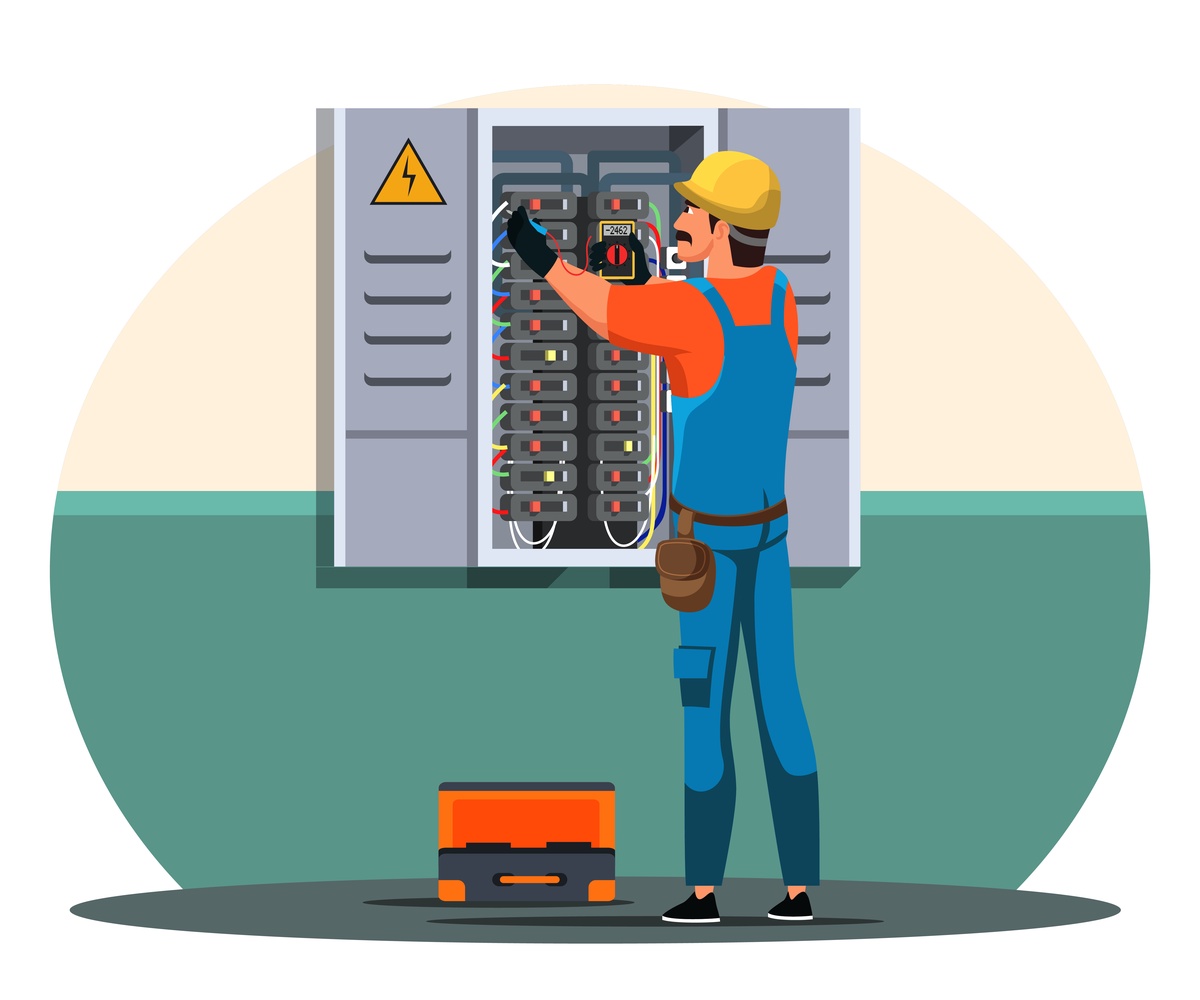Energy meter panels play a crucial role in monitoring and managing electricity consumption in residential, commercial, and industrial settings. These panels provide valuable information about the amount of electrical energy consumed, helping users make informed decisions to optimize energy usage and reduce costs. In this blog post, we'll delve into the key aspects of energy meter panels, exploring their functions, types, and importance in the context of energy efficiency.
Functions of Energy Meter Panels
- Energy Measurement: Energy meter panels primarily measure the amount of electrical energy consumed in a specific time period. This measurement is usually expressed in kilowatt-hours (kWh) and is vital for billing purposes in residential and commercial settings.
- Real-Time Monitoring: Modern energy meter panels often come equipped with advanced features that enable real-time monitoring of energy consumption. This allows users to track usage patterns, identify peak demand periods, and take steps to optimize energy efficiency.
- Load Management: Energy meter panels contribute to effective load management by providing insights into the distribution of electrical loads. This information helps users balance the load across different phases, preventing overloads and ensuring the efficient use of electrical resources.
Types of Energy Meter Panels
- Single-Phase Energy Meter Panels: These panels are commonly used in residential settings where the electrical system operates on a single phase. Single-phase energy meter panels are designed to measure and monitor the energy consumption of smaller loads, making them suitable for individual homes and small businesses.
- Three-Phase Energy Meter Panels: Industrial and commercial establishments often use three-phase energy meter panels, as they can handle higher electrical loads. These panels measure energy consumption across three phases, providing a more comprehensive view of power distribution.
- Smart Energy Meter Panels: With advancements in technology, smart energy meter panels have become increasingly popular. These panels offer features such as remote monitoring, data analytics, and integration with other smart devices. Users can access real-time energy data through mobile apps or web portals, promoting greater control and awareness.
Importance of Energy Meter Panels
- Cost Savings: By monitoring energy consumption and identifying inefficient practices, users can implement strategies to reduce overall energy costs. This is particularly crucial for businesses looking to enhance their bottom line and individuals aiming to minimize household expenses.
- Environmental Impact: Understanding energy consumption patterns enables users to adopt more sustainable practices. By optimizing energy usage, individuals and businesses can contribute to environmental conservation by reducing their carbon footprint.
- Compliance and Regulation: Many regions have regulations and standards in place that mandate the installation of energy meter panels. Compliance ensures fair billing, accurate measurement, and adherence to safety standards.
Energy meter panels are indispensable tools for managing and optimizing electrical energy consumption. Whether in residential, commercial, or industrial settings, these panels provide valuable insights that empower users to make informed decisions for cost savings, sustainability, and regulatory compliance. As technology continues to advance, we can expect even more sophisticated features in energy meter panels from electrical panel manufacturers, further enhancing their role in the modern energy landscape.


No comments yet